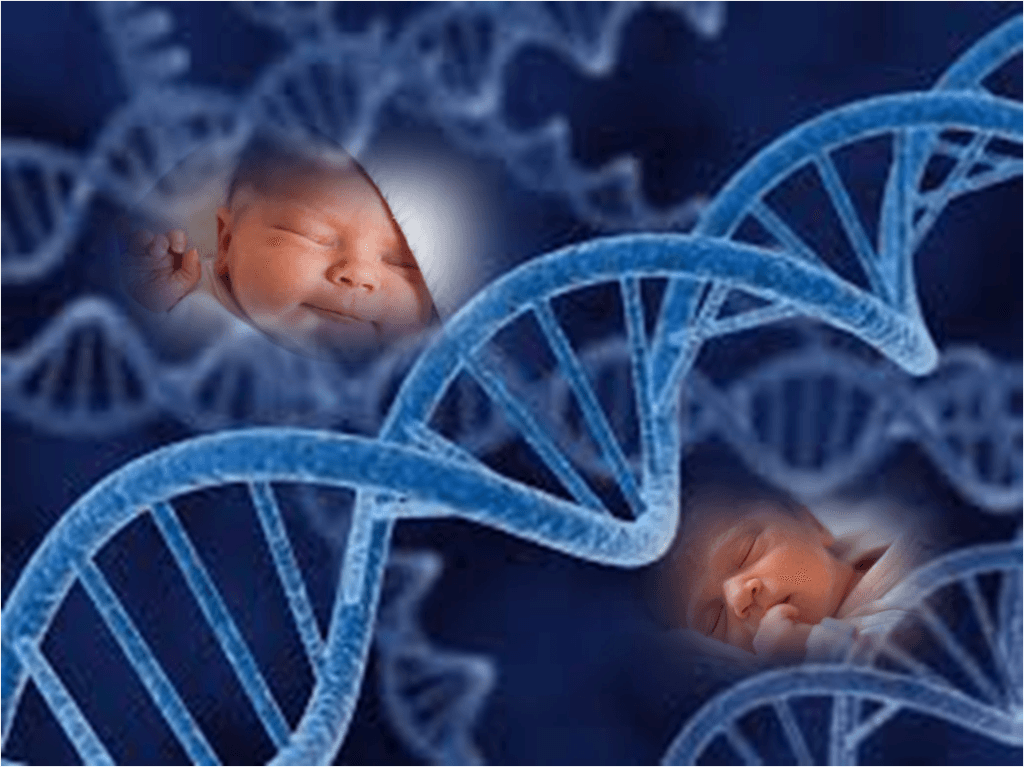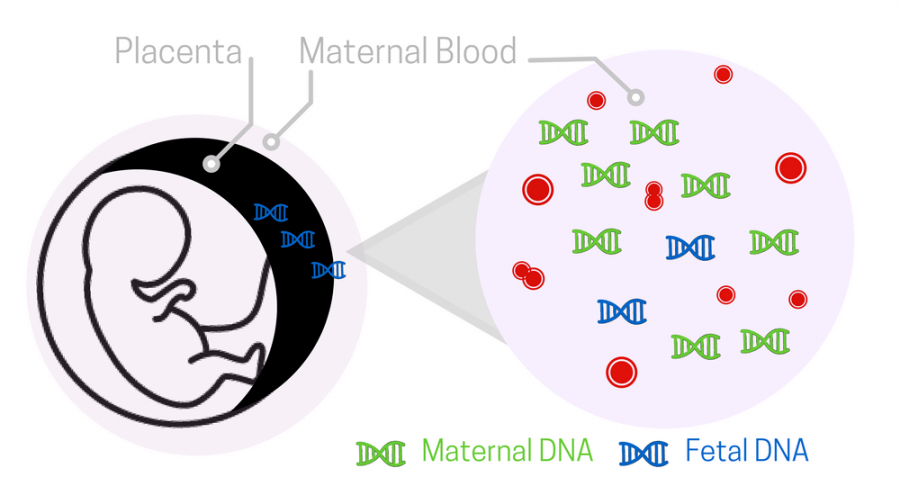The popularity of Prenatal DNA paternity testing continues to grow in our culture. Some observers have expressed worry about the emotional and financial impact of DNA paternity test results on young children. Paternity can now be determined before a baby is born through the use of prenatal DNA paternity testing.

Peeking at Paternity: Prenatal DNA Testing
Prenatal DNA paternity testing is possible because a child’s DNA is made at conception and does not change. Although prenatal DNA testing is a little more difficult than a normal home DNA paternity test, the procedure is still fairly straightforward. The correctness levels of prenatal DNA testing are identical to standard DNA paternity testing. Prenatal DNA testing is a kind of testing achieved to determine paternal biological relationships.
Paternity Testing: DNA testing for Proof and Peace of Mind

Probably the most general relationship inspected with DNA testing is paternity testing. The methods used in this type of testing have enhanced to mean a greater degree of correctness in judging where relationships do or do not happen. Whether it is for legal, medical or even just personal reasons, paternity testing is by far the most effective way of determining in just a few days whether or not a biological relationship exists between two people.
DNA or Deceased DNA testing is becoming of growing importance in both civil and criminal legal circles. In the field of private law, it is often imperative to be able to determine family relationships for financial causes or to enforce a range of other responsibilities. Because of the efficiency of testing in determining where such relations might arise, they are becoming far more extensively used in determining family relationships as proof in both civil and criminal trials.

Power of DNA Testing
Medical examiner DNA test technology has come a long way in the last few times, and it is now possible to recognize a number of different biological relationships between any given people. Through using slightly more in-depth matching processes than with traditional DNA paternity tests, the wider testing methods presented are nevertheless precise enough to determine whether or not there is some biological connection to create relationships and afford peace of mind, letting families to greater understand their actual setup and resolve legal and medical disputes.

How accurate is DNA testing?
Prenatal DNA paternity test provides 99.99% accuracy and therefore is importantly reliable. Though the testing of DNA paternity is safe and reasons no sort of pain or infection, still an individual has to suffer a great transaction of mental disorder.
If you are looking for facial recognition, relationship DNA testing, Prenatal DNA paternity and DNA Blood card you can consider face DNA test. Our mission is to provide 100% customer satisfaction and accurate results!
How accurate is prenatal DNA testing?
The fact that a child’s DNA is created at conception and does not alter makes prenatal DNA paternity testing feasible. Prenatal DNA testing is still a reasonably simple process, it is a little more involved than a typical home DNA paternity test. A paternity test while pregnant erases doubt and eliminates the issues one might face in future. At-home paternity testing kits are also available for customers to find answers to questions that affect their relationships. For a paternity test now, one does not have to wait for the baby to arrive.
Through Prenatal DNA testing, the issue is resolved with 100% security and primarily focusing on the health of the mother and the growing baby. Prenatal DNA testing has the same accuracy levels as traditional DNA paternity testing. Prenatal DNA paternity testing is very dependable since it offers 99.99% accuracy.
How much is Prenatal Paternity Test?
Depending on the test type and lab fees, prenatal paternity DNA testing might have varying costs. The normal cost range for non-invasive prenatal paternity (NIPP) testing is $400 to $500. This extracts fetal DNA from the mother’s blood. Amniocentesis and other more invasive testing might cost between $480. Prenatal paternity testing cost is typically not covered by insurance unless it is essential. Paternity cannot be determined before delivery through the extraction of tissues or through a non-invasive method by taking blood samples from the mother. Be sure to account for all possible costs when planning a prenatal DNA test budget.
What is genetic testing pregnancy?
Genetic testing Pregnancy assesses illness risk and checks for inherited disorders in the developing child. It examines amniotic fluid, cells from the mother’s placenta, and pieces of fetal DNA found in the mother’s blood. Pregnancy-related genetic testing involves screenings for diseases, including sickle cell disease. To find out if you and your spouse have DNA mutations that might harm the unborn child, it also provides broader carrier screening. Amniocentesis is one of the diagnostic fetal procedures used to confirm potential genetic disorders such as spina bifida or Down syndrome. Discuss your choices with your physician.
What diseases can be detected through genetic testing during pregnancy?
Pregnancy-related genetic testing can detect and diagnose hundreds of genetic illnesses and conditions, such as sickle cell anaemia, thalassemia, Tay-Sachs disease, cystic fibrosis, and fragile X syndrome. Using diagnostic testing techniques, chromosomal abnormalities such as Edwards syndrome and Down syndrome can also be identified in utero. Utilizing sophisticated prenatal imaging techniques, some bone dysplasias, neurological problems, and cardiac anomalies can also be identified. Consult your gynaecologist about your risk factors to determine what alternatives are available for genetic testing during pregnancy.
Clarity with Prenatal DNA Paternity Test.
Get Accurate Answers With our Test!.
-
- Accurate
- Quick Result
- Private and Secure
- Affordable

Conclusion
With DNA testing technologies, biological ties and inherited risks may now be confirmed with more accuracy. Tests such as genetic screening and prenatal paternity DNA testing are particularly useful in prenatal and pregnancy circumstances. While genetic testing determines a person’s chance of developing hundreds of congenital disorders, prenatal DNA paternity testing is almost 99% reliable in determining paternity before birth. These sophisticated DNA-based tests enable families to plan and prepare ahead of time. In the end, genetic testing offers parents more knowledge and authority over decisions pertaining to their health throughout pregnancy. Knowing the truth about their children’s DNA empowers families and dispels worries.




Leave a Reply
Your email is safe with us.
You must be logged in to post a comment.